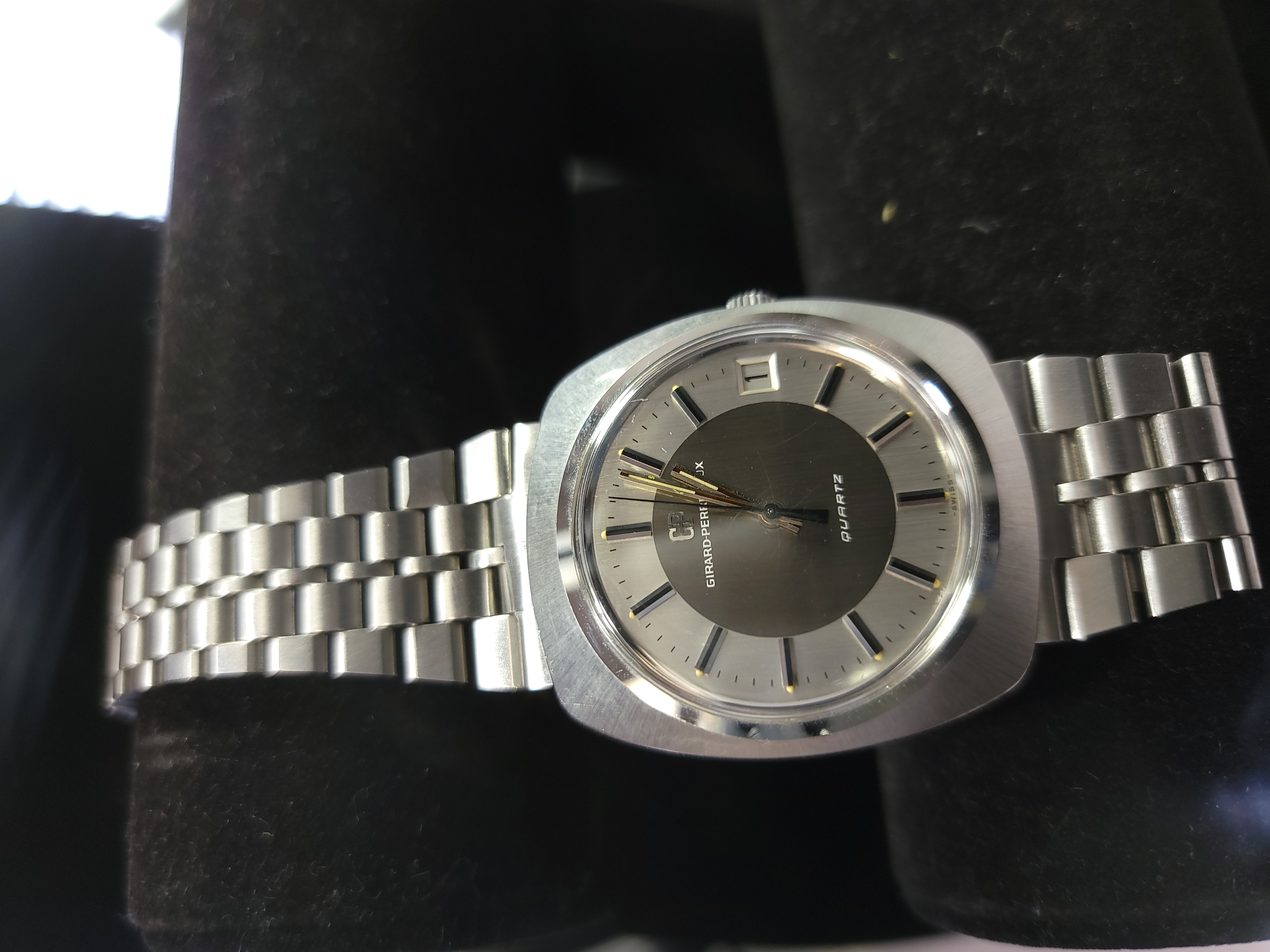
While you can do one or both, the universe seldom hands out opportunities to do them both at the same time. While it is perfectly possible to pick up a bargain or two if you hunt around enough, buying on price almost always means you are more concerned with what the resale value of the item will be. Buying for collecting means you contemplate less about the resale since you have no intention of selling anytime soon.
One of my favorite adages in collecting, is: You will forget you overpaid for a nice piece. You will be reminded every time you look at it, how nice it is and that you actually “Own it.” On the other side of that, we have a hard time forgetting nice coins we loved but did not buy because the price “was too high.” If you are like me, some of those memories can go on for years, instigating thoughts of “I should have never let that get-away.” What’s worse, we compare every like and kind item we see again to that image of the one that got away, hoping to find something that nice again.
When one “collects” something, it is generally driven by a need or want to own something that has meaning to the person. It could be coins, art, or bottlecaps for that matter. Our primitive foraging brain wants to accumulate these things because they make us happy owning them. Why they make you happy is key. If you are buying collectibles in the hopes they will be more valuable someday, that is called investing. It may make you happy that you just got a “great deal” on something, but does it add anything to your collection? I mean how many 1883-CC GSAs does anyone need at $20 under sheet? In collecting, we look for something that is beautiful and a good representation of the item we are after. In investing we look for ANY item we can hold or flip in the hopes of profit, or in other words, where we may have a chance to make money.
Most seasoned collectors will know a piece they “must-have” when they see it (or more like when it screams at them). And while everyone wants a “good deal,” collectors are looking at longer-term windows than investors in evaluating their purchases. Not that they are not strong negotiators (I have the scars to prove it), but they understand that price guides are just averages, and those guides are just a footnote in the influence on the prices of high-quality pieces. Investors just want to buy the piece as cheaply as possible to minimize the risk of loss and maximize any future returns.
I am not saying one way is any better than the other, what I am saying is these are in fact different reasons to accumulate Luxury Assets and thus affect what you ultimately wind up within your “collection.” There are “deals” and there are “opportunities” and being true to what you are trying to accomplish, will help you, and the dealers who serve you, get you there.
Ironically, some of the best collectors, have been rewarded handsomely for their risks and patience in ways they never imagined when they were collecting and then eventually sold, and that is a nice plus to all the fun they had pursuing their “collecting.” Investing is a job. Collecting is a hobby.
